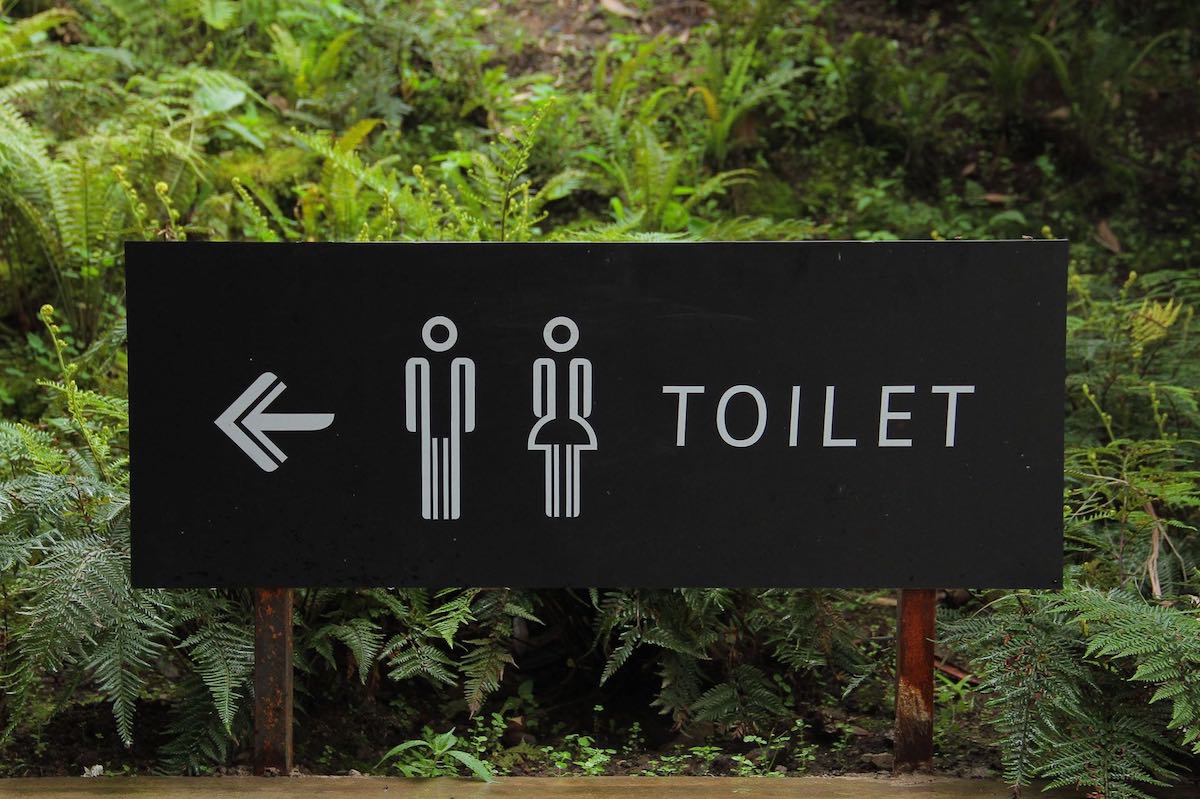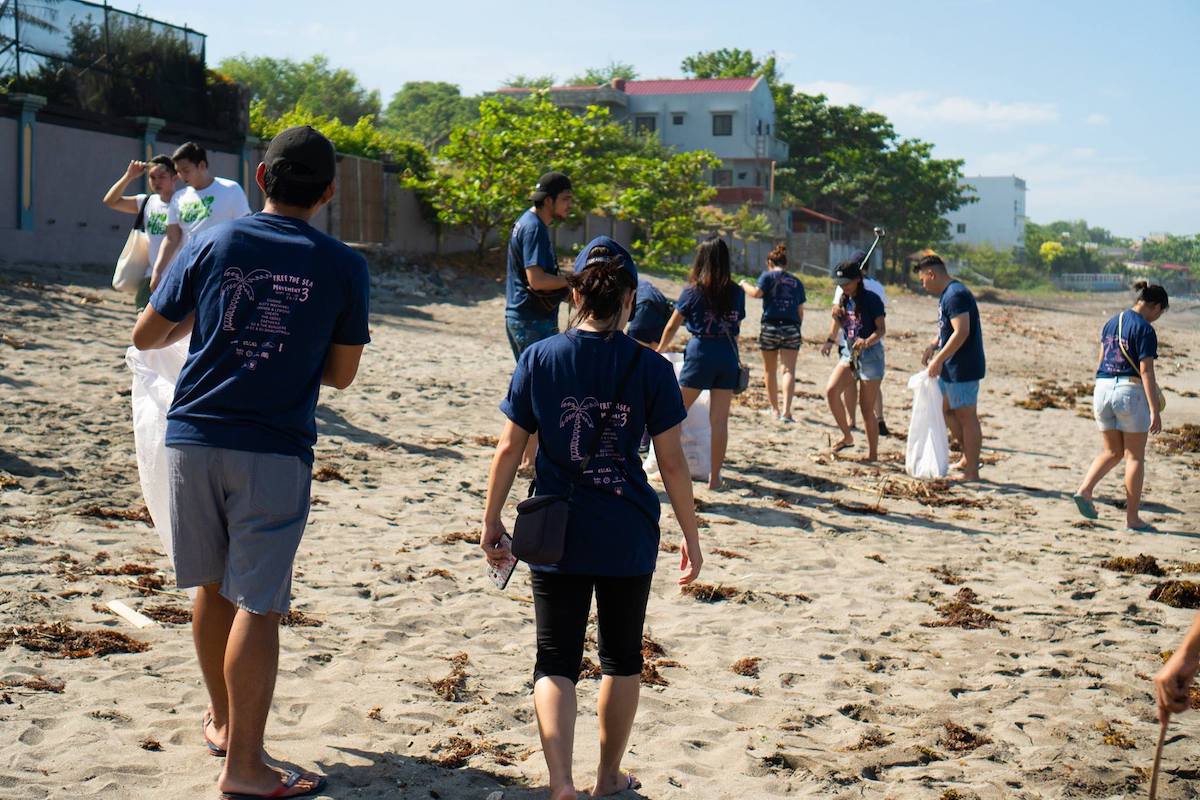For most of us, this is what we are accustomed to on a daily basis when we go to the toilet. But did you know, there are still millions, YES, MILLIONS, of Filipinos in the country who are literally dumping their waste in open spaces?
To be exact, according to the World Health Organization (WHO) and the United Nations Children’s Fund (UNICEF), there are still approximately 7 million Filipinos who practice open fefecation. Most of whom are concentrated in rural areas defecating in open fields and waterways.
Even Health Secretary Francisco Duque III recently cited that statistics says more Filipino have mobile phones than functional toilets. Only 70 percent of the Filipino households have improved toilet facilities while there are 84 percent households with mobile phones.
Zero Open Defecation
In a recent trip to Cebu City, where members of UNICEF, Center for Health Solutions & Innovations Philippines, Inc. (CHSI), regional government units and provincial DOH conducted a week-long conference to discuss how they can zero-in on improving quality of health in the province thru zero open defecation.
While providing toilet bowls was a thing that some organizations in the past had done, UNICEF and CHSI learned that this alone won’twork. As most of the people just do not feel the importance and urgency of having a proper working toilet, if all they needed to do is dump, and they can do that without the need of a toilet.
Mind is Set
The Zero Open Defecation Program is a health and sanitation information drive that uses localized and personalized approaches to reach the levels of each household. Under the Community Led Total Sanitation (CLTS) structure, UNICEF, CHSI and DOH use the grassroot level to reach families and individuals. The core group working on the community needs thorough, methodical and personal approach on consistent basis to make the campaign work.
CHSI Project Coordinator Erika Mayoni discussed on how intricate the ground work for the Zero Open Defecation campaign is. She said that the health workers are dedicated and concerned enough to go the extra mile to go to the actual defecation areas of the people in the area.
Though at the times, according to Kat Ebora of UNICEF, there have been instances when even professional and educated individuals in rural areas who have decent toilets in their homes prefer to dump in open spaces, and just use the toilets for their guests.
Both Erika and Kat said that open defecation is a mindset handed down through generations. Especially in the rural areas where even those with financial capabilities prefer doing their deeds outside mainly due to force of habit.
The two cited examples that community workers need to be more graphic, up to the extent of literally sampling the transfer of small portions of fecal matter to food or water through common flies. This is one demonstration by health workers to the community affects their thought process of why open defecation can cause more harm to them and their families.

Even Ms. Anita Bonsubre, Cebu Senior Technical Coordinator of CHSI, admits the challenges of reorienting people to change. These people who have established a daily habit for decades are reoriented on a faster way to adapt on a healthier lifestyle.
She acknowledged that it is going to take much effort to make all these things work. That the initiative of UNICEF and CHSI is not enough, as the national government and more importantly the local government, need to implement thoroughly and consistently.
Goodbye, Dumi! Hello, Healthy!
Educating the public and making them change habits is a challenge. Especially if it is something close and personal. That’s why I find it really intriguing to know how the stakeholders of the campaign do their thing.
For obvious reasons, talking about defecation may be a taboo to many, but masking it in ways that are more acceptable is the way and Goodbye, Dumi! Hello, Healthy! is a part of the
One example is what the out-of-school youth of Tuburan, Cebu are doing to help the campaign.
The young performers masked in an entertaining way in educating the importance of having proper toilet facility to people and community.
Though the play was portrayed in a comical way, but it zeroed in on the important things:
- actual situation of having open defecation
- consequences and health risks of open defecation
- advantages of having proper toilet
- importance of hand washing
- proper toilet usage
- community awareness and educaiton
All of which are the concerns needed to be addressed by people concern.
In the midst of being a challenge, by 2022, all the identified barangays practicing open defectation will be no more, as per projected by UNICEF, CHSI and DOH.
I personally hope that this would happen. As a person who grew up knowing how to properly use a toilet, I never expected that in the world of Facebook and Instagram generation, that there are still millions of Filipinos in the country who practice open field defecation.













